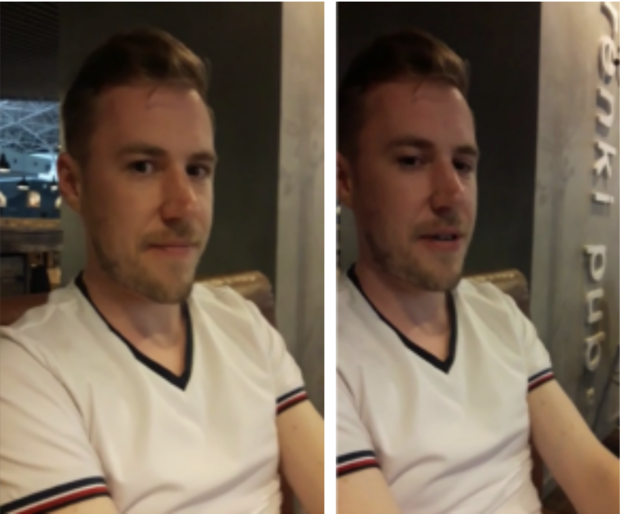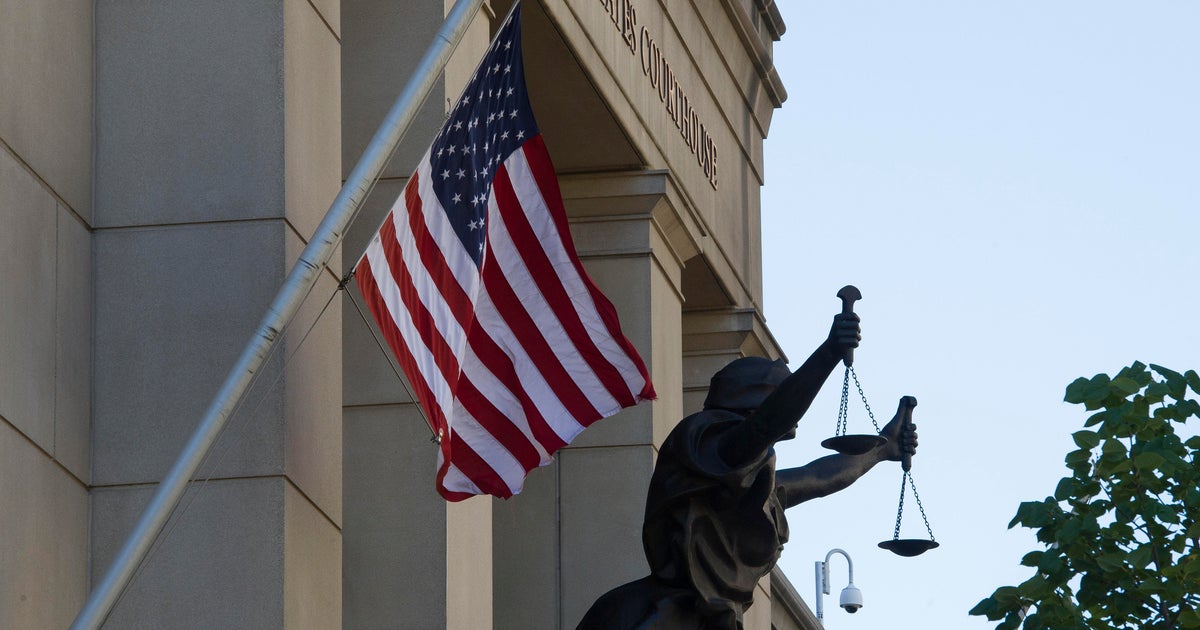U.S. seeks extradition of alleged Russian spy Sergey Cherkasov from Brazil
Washington — The U.S. government has asked Brazil to extradite a suspected Russian spy who was in the U.S. allegedly gathering information on the war in Ukraine before his cover was blown, the Brazilian government said Thursday.
The country's Ministry of Foreign Affairs said the U.S. made the request to extradite Sergey Vladimirovich Cherkasov on Tuesday, and it was being forwarded to the Brazilian Ministry of Justice and Public Security. Russia is also seeking his extradition, claiming he is not a spy and is instead wanted in Russia for narcotics trafficking.
The Washington Post first reported the extradition request. The State Department declined to confirm the request and instead referred questions to the Justice Department, which also declined to comment. An attorney for Cherkasov in Brazil could not immediately be reached.
Cherkasov, who lived under the alias Victor Muller Ferreira, was charged by the Justice Department in March with acting as an illegal agent of a Russian intelligence service while he attended graduate school for two years in Washington. He also faces several fraud charges. He has been imprisoned in Brazil since he was arrested for fraud there a year ago.
The extradition request comes as tensions between the U.S. and Russia continue to escalate amid the war in Ukraine, and following Russia's arrest of Wall Street Journal reporter Evan Gershkovich on espionage charges, which the U.S. has denounced as fabricated.
More than a decade ago, Cherkasov created a false identity in Brazil after obtaining a fraudulent birth certificate, according to a criminal complaint filed in federal court. He was allegedly part of the Russian "illegals" program, in which spies spend years developing cover stories and are not protected by diplomatic immunity.
Using his Brazilian identity, Cherkasov was admitted into Johns Hopkins' School of Advanced International Studies in Washington and received a U.S. visa.
"There is no better and more prestigious place for us to be," he allegedly wrote to his handlers. "Now we are in the big-boys league."
Near the end of 2021, Cherkasov was allegedly sending messages about U.S. policy on Russia's potential invasion of Ukraine to his handlers. The messages included details on his conversations with experts and information he had gleaned from online forums or reports about Russia's military buildup near Ukraine's border and how the U.S. might respond, court documents said. Cherkasov incorrectly assessed that the U.S. would do little to help Ukraine.
In early 2022, he was set to begin an internship with the International Criminal Court (ICC) in The Hague in the Netherlands. The Justice Department said the ICC was of "particular interest" to Russia as it faced numerous accusations of human rights violations during its invasion of Ukraine.
But Cherkasov was refused entry by Dutch authorities as he arrived and was arrested days later in Brazil for fraud.
The criminal complaint does not say how Dutch intelligence was tipped off to Cherkasov's alleged espionage. It does say FBI special agents met in person with him in 2022, though it does not detail under what circumstances.
Investigators were able to recover electronic devices that had documents that the Justice Department says he used to remember his fictitious life story, locations of "dead drops" that he used to covertly pass information, records of his travels and messages with his Russian handlers. Brazilian authorities also gave the FBI covert communications equipment recovered from remote locations in Brazil that Cherkasov had allegedly hidden before his departure to The Hague.
Robert Legare contributed to this report.




